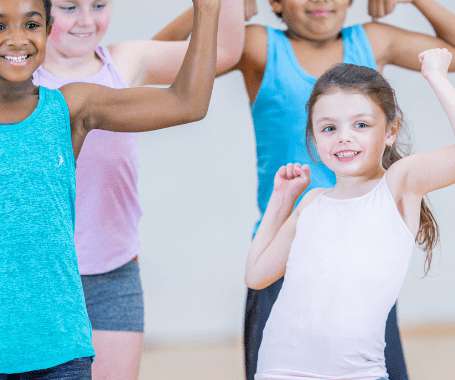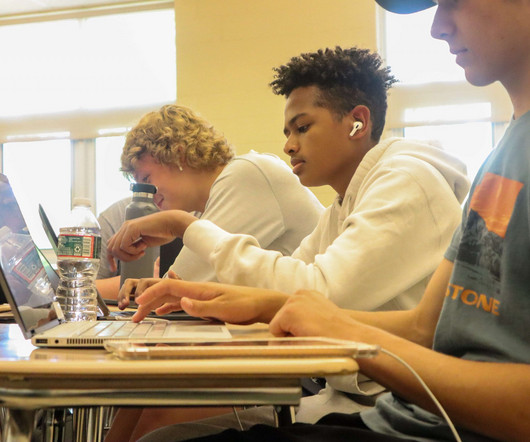Reasons Movement Teaches Kids to Think and Learn Differently
Skillastics
JUNE 23, 2022
Can science really confirm that physical activity affects the way we learn? Studies have proven that physical movement helps kids improve their memory, increase their motivation, and improve motor skills. But the connection to how the brain and physical activity work together goes much deeper. Absolutely.











Let's personalize your content